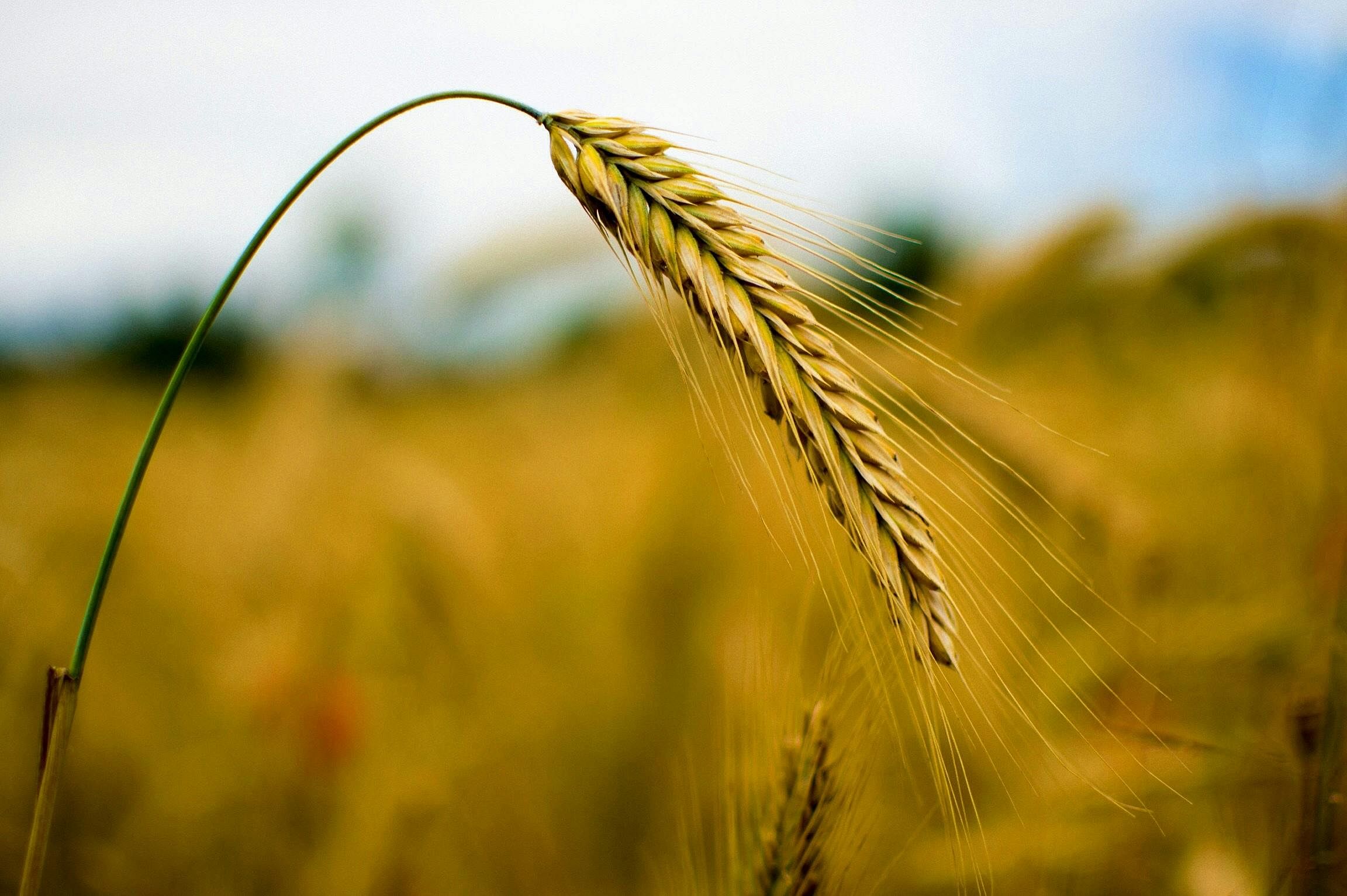
Rabi crops are sown in winter and harvested during spring. These crops thrive in the cool, dry climate prevalent in the winter months, making them well-suited for cultivation in various regions across the country. Wheat, barley, oats, mustard, chickpeas, and peas are among the prominent Rabi crops cultivated in India. The farming of these crops typically begins in October and continues until March, with the peak harvesting season falling between April and May.
To facilitate the hassle-free, early, and direct payment of farmers’ produce to their accounts, the government with the help of the Department of Food and Civil Supplies, started the online Anaaj Kharid portal. For this, the Memorandum of Understanding (MoU) on decentralized procurement was signed between Punjab Govt and FCI on February 9, 2021. As part of it, the crop shall be procured by state government agencies at MSP. The payment of produce and bonus, if any, is to be made directly to farmers’ bank accounts online. The registration of farmers with personal and bank details is mandatory to avail of this facility.
To register for it, visit www.anaajkharid.in and select ‘Farmer Registration’. On the next page, select ‘Registration Type’ and fill in the Aadhar Card number or Anaaj Kharid ID. Then enter the required details and click on verify details. Once verification is done then the farmer will be registered.
Key Points to Remember While Marketing Rabi Crops:
-
Harvest the crop at a proper stage as it affects the quality of grains and the price of produce.
-
Bring cleaned and properly dried produce to the market so you can avoid wasting time on its cleaning.
-
Grade or sort the produce properly to bag higher prices.
-
Be aware of the prices prevailing in different markets. Sell the produce in the market where the price is high after taking into consideration the additional transportation and labor costs.
-
Remain present at the time of auction and weight of the produce. If the farmer is of the view that the price offered by the buyer is less, then he has the right not to accept that bid.
Also, in case of any doubt regarding the weight, the farmer can go for a cost-free test weighing up to 10 percent of the produce in the presence of the market committee officials. If any discrepancy is found, the farmers are compensated accordingly. There is also a provision for cancellation of the license of the concerned weighman along with the imposition of a penalty.
One must obtain ‘Form-J’ which is necessary to avail the opportunity of getting a bonus etc., if any, announced by the government.
Table: Minimum support prices
(Rs/q)
|
Crop |
Crop year |
Increase |
Per cent increase |
|
|
2022-23 |
2023-24 |
|||
|
Wheat |
2125 |
2275 |
150 |
7.06 |
|
Barley |
1735 |
1850 |
115 |
6.63 |
|
Gram |
5335 |
5440 |
105 |
1.97 |
|
Lentil (Masar) |
6000 |
6425 |
425 |
7.08 |
|
Rapeseed & Mustard |
5450 |
5650 |
200 |
3.67 |
|
Sunflower seed |
6400 |
6760 |
360 |
5.63 |
Grade Specifications: For wheat, the maximum prescribed limit of moisture content, foreign matter, admixture of other grains, damaged grains, slightly damaged grains, and shriveled/broken grains is 12.0, 0.75, 2.0, 2.0, 4.0, and 6.0 percent, respectively. The maximum prescribed limit of moisture content for barley, gram, lentil, and rapeseed & mustard is 12.0, 12.0, 12.0, and 8.0 percent, respectively.
Market Labor Charges: Except for the unloading and cleaning charges, the farmer does not have to pay any other charge. As per the notification of the Punjab Mandi Board during March 2024, the unloading charges for wheat, barley, gram, lentil, rapeseed & mustard, and sunflower having unit sizes of 50, 35, 50, 50, 40 and 40 kgs, respectively are fixed at Rs. 2.26 per unit of the produce and the power operated cleaning charges (per sieve) are Rs. 4.08 per unit. For 30 kg packaging of wheat, the unloading and power-operated cleaning charges are Rs. 1.38 and Rs. 2.43 per unit, respectively, and for sunflower (28 kg unit), these charges are Rs. 2.33 and Rs. 2.49 per unit, respectively. The farmers should keep the given information in mind during the marketing of their produce.














Share your comments